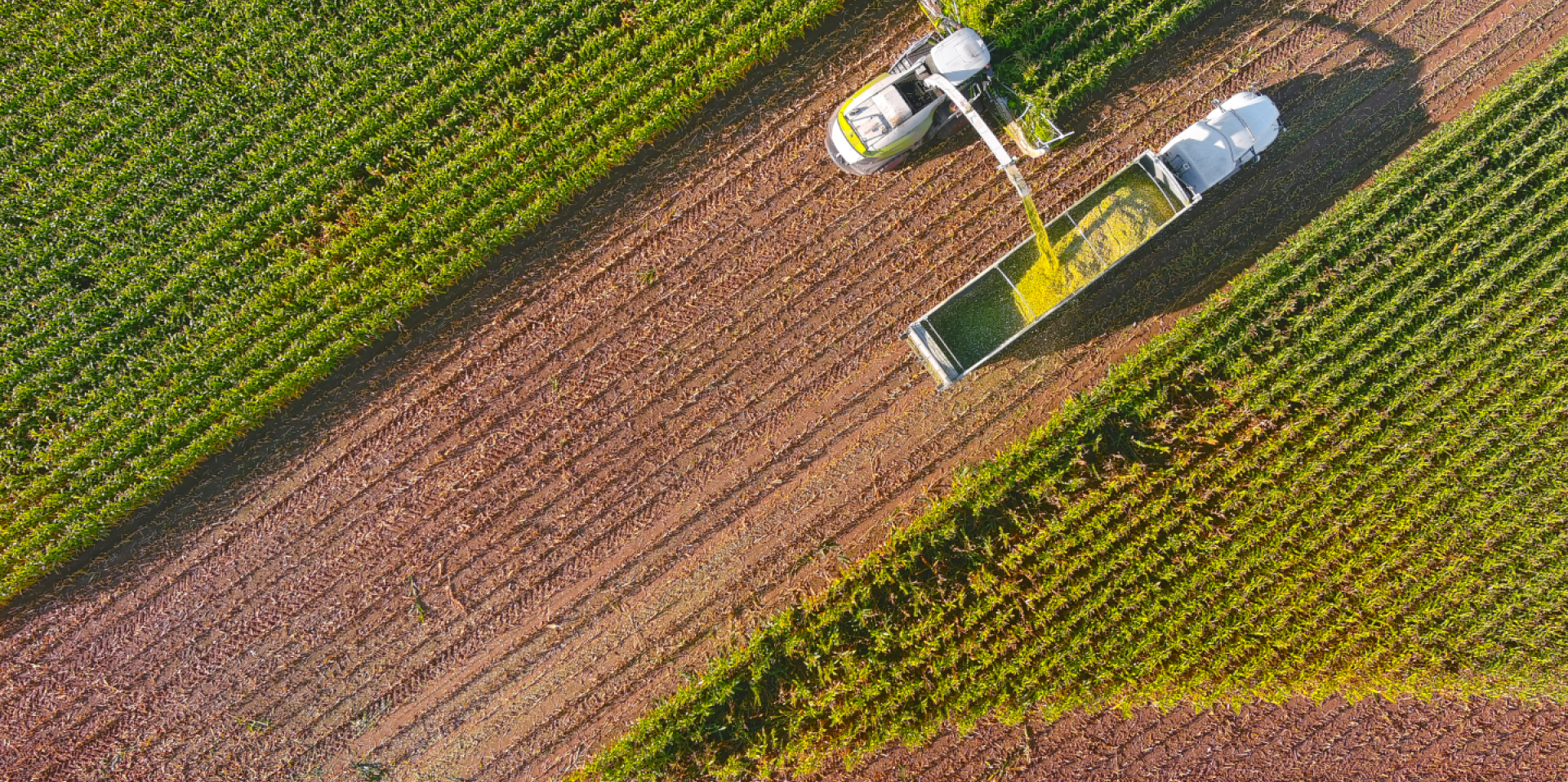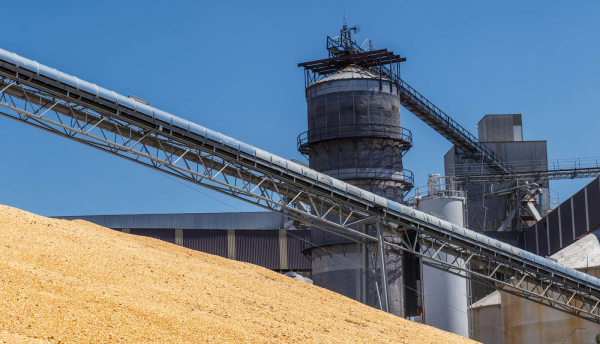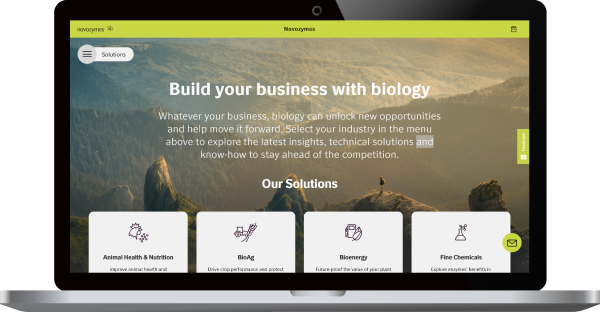
with biotechnology
We are heavily dependent on fossil-based materials
55 billion tonnes
That’s how much CO2 we emitted into our atmosphere in 2021. And the number has not started declining yet. With biorefineries we can reduce emissions from transportation, energy and manufacturing.
The fossil-based era was one of progress, but at a high price. Fossil-based resources have contributed the majority of the 1.6 trillion tons of greenhouse gases (GHGs) emitted since the start of the industrial revolution. That's led to an average global temperature rise of about 1° Celsius. We are heavily dependent on fossil-based resources in sectors such as transportation, energy and manufacturing. To make our society climate neutral and save our planet, it is imperative that we change this paradigm.
Bring on the power of plants
Today, biofuels are primarily used for light-duty vehicles. In the future, the same technology can be used for aviation and marine transport, as well as biochemicals and bioplastic.
This is a power plant
A plant is not just a plant. It consists of different parts
With biorefineries, we use every single part of the plant optimally
Cellulose
And wait, there's more:

Making the most of biogenic CO2 with carbon capture
Biorefineries produce what is known as biogenic CO2. Biogenic CO2 is climate neutral as it comes from plants that have taken carbon from the atmosphere using photosynthesis. But biorefineries can make this carbon even more sustainable by capturing it. Then they can either store it or use it as a raw material for fuels, for example.
“If we want to make climate neutrality a reality, we urgently need to use every tool we have available. That's why biofuels are essential to meeting our net-zero ambitions. They're currently one of the most cost-effective solutions for carbon emissions reductions. In the future, biofuels from biorefineries will also help decarbonize heavy-duty transport including marine and aviation, and could potentially even supply other products to support the net-zero journey, including biochemicals and high value protein feed.
”
Hans Ole Klingenberg
VP, Marketing Industrial Biosolutions
“If we want to make climate neutrality a reality, we urgently need to use every tool we have available. That's why biofuels are essential to meeting our net-zero ambitions. They're currently one of the most cost-effective solutions for carbon emissions reductions. In the future, biofuels from biorefineries will also help decarbonize heavy-duty transport including marine and aviation, and could potentially even supply other products to support the net-zero journey, including biochemicals and high value protein feed.
”
Hans Ole Klingenberg
VP, Marketing Industrial Biosolutions

